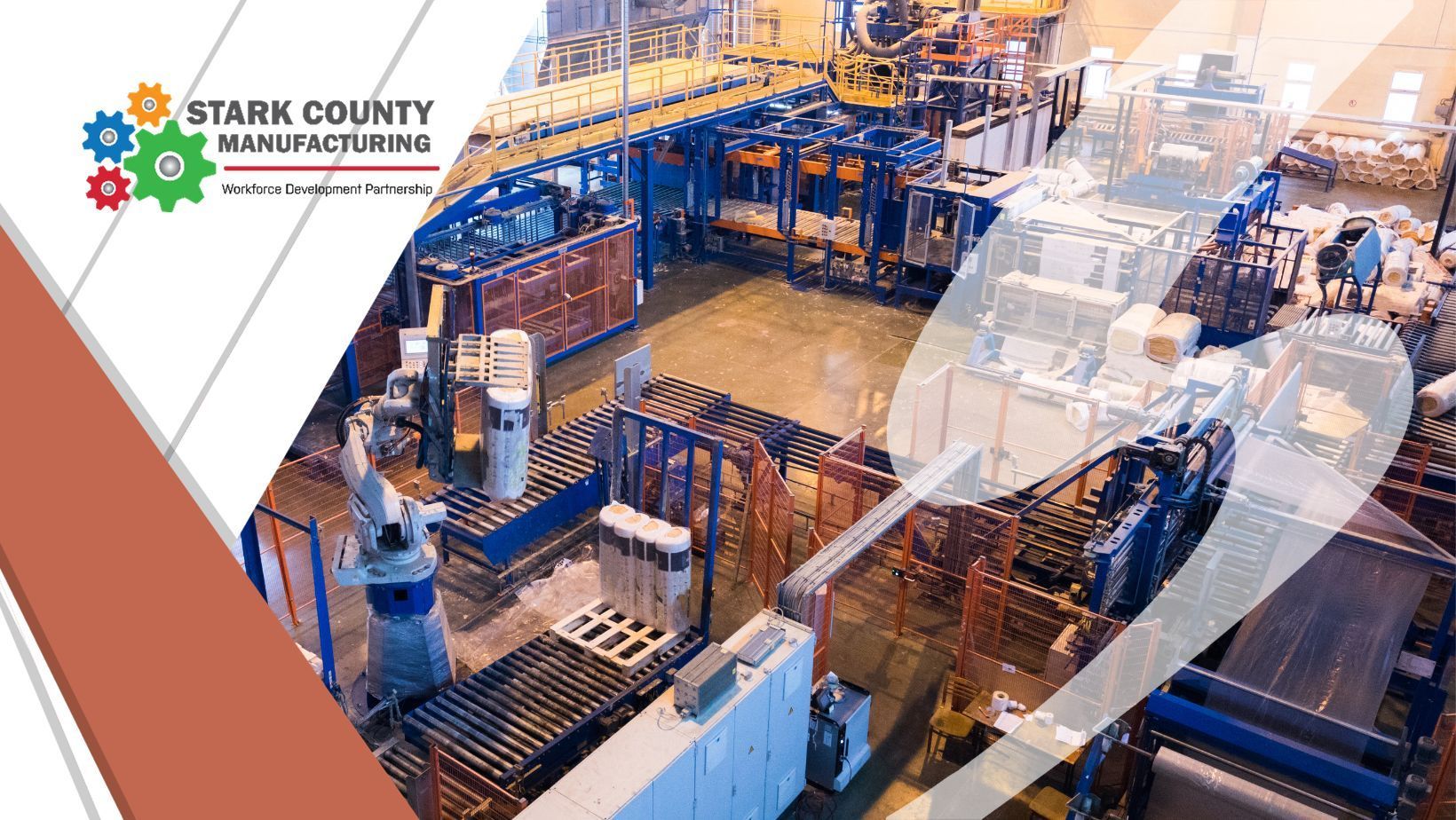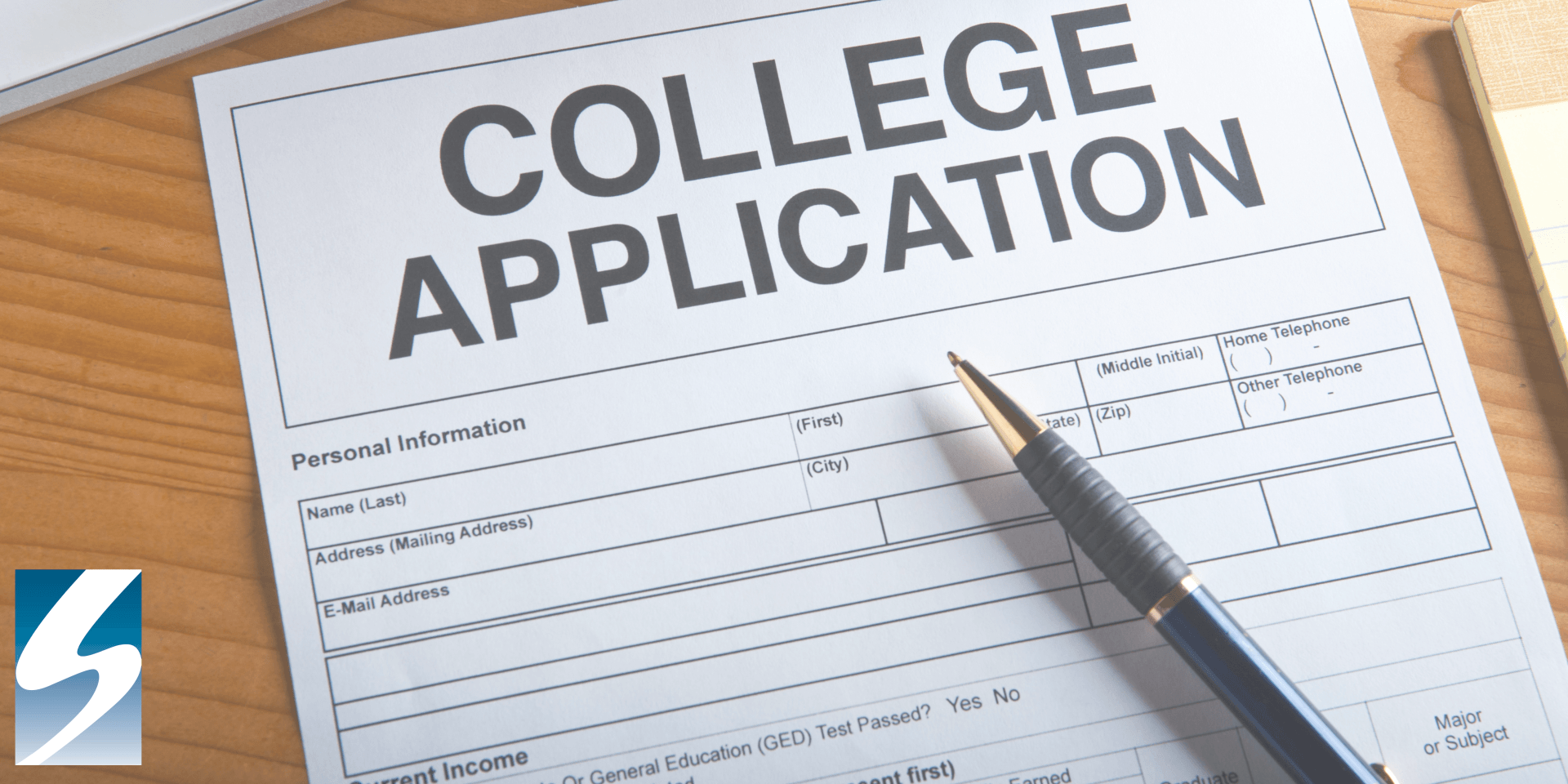







What if a person with a college degree and another with real-world work experience applied for the same job? Who do you think would be more likely to get that job? What makes each person stand out?
There are many benefits to obtaining a college degree. The first of these being the fact that people with higher levels of education receive more pay. People with higher levels of education are often paid more or offered higher pay rates. Clearly, the salaries vary by industry, job experience, and the regional norms for your field of choice, but those with traditional higher education are typically offered higher salaries. Another benefit of a degree is that you'll have a lower unemployment rate than those without. Statistics prove individuals without degrees often get laid off first.
A third benefit would be the potential positions you can apply for after graduation. Some companies have a policy stating you have to have a completed degree before applying. This means you have the advantage over those without a degree when applying for these jobs. You will have a larger variety of careers to apply for. A final benefit of having a degree is the fact that your degree might also offer field work. Many programs state that you need to do field work alongside classes to graduate. This is the best of both worlds when it comes to applying for a job. You'll have both education and real-world knowledge in your back pocket.
So, what are the cons to obtaining a college degree? College is a big commitment both time-wise and financial-wise. Paying for courses and resources associated with college creates a huge financial responsibility. Whether you're paying out of pocket or taking out loans, the money still has to come from somewhere. Getting a degree also takes time. Depending on the type of degree you're after, you'll be there at least a couple years. This means you'll have to hold off on pursuing your full-time career until you're done. You'll have to sacrifice your time to study and go to classes so you can't work. You'll have to balance both or stop working until you're finished with school.

Having previous job experience has many benefits also. The first benefit is that you may already know and have the skills needed for the job. This can be true especially if your experience relates to the field you're pursuing now. This could also mean might not need as much training when you start, allowing you to start even sooner. Another benefit is that you have real-world skills. You have dealt with real workplace scenarios. You have interacted with customers, bosses, and or co-workers before. You have had to make decisions and work together to problem solve in the workplace. Work experience also allows you to develop professional skills. You have learned critical thinking skills and you understand work ethics. A final benefit of having prior work experience is the potential for growth. A degree can get you a job, but without having or gaining experience, you won't grow. Gaining experience and showcasing your skills will lead to promotions and better opportunities.
No, there are no cons to having work experience. Yes, there are cons to having work experience without also having a degree. Especially when applying for a job. The first being that you'll most likely make less than someone who has a college degree. If you're both working the same job, they will most likely make more because of that degree. Another is that you may not be able to apply for every job you want. Employers may not give you the same opportunity. They may not even look over an application if they request a degree and you don't have one. You could have less access to applying for positions in the field you want.

When it comes to which path employers value more, it depends on the employer in question. Look at their posted requirements before applying to see what they're looking for. Each employer values and desires different qualities in employees. You may be a good fit for one employer but a horrible fit for another. Also keep in mind the type of job you're applying for. Different fields often value different attributes. More labor-intensive jobs may value experience more than a marketing position for example.
When debating what an employer values, think about how your history correlates to the job. If you have work experience, does it apply to the type of job you’re applying for? If you have a degree but no experience, does your degree align with the position you want? Do you have examples of skills you've learned from your degree? Employers value relevant experience and knowledge most of all.
“In the ideal case, you, the job candidate, can show prospective employers that you have both the education and the experience that you need to excel in your chosen line of work.” Whether you have a degree or work experience, you have skills that will make you stand out. It's your job to use them to your advantage and prove your worth to employers. Remember that it also depends on the type of job you're applying for and who your boss will be. Look into what they request and what they value. Look at your skills and history and what aligns with their desires. We're here to help you find the right path. Contact us today for further advice!









All Rights Reserved | Seifert Companies